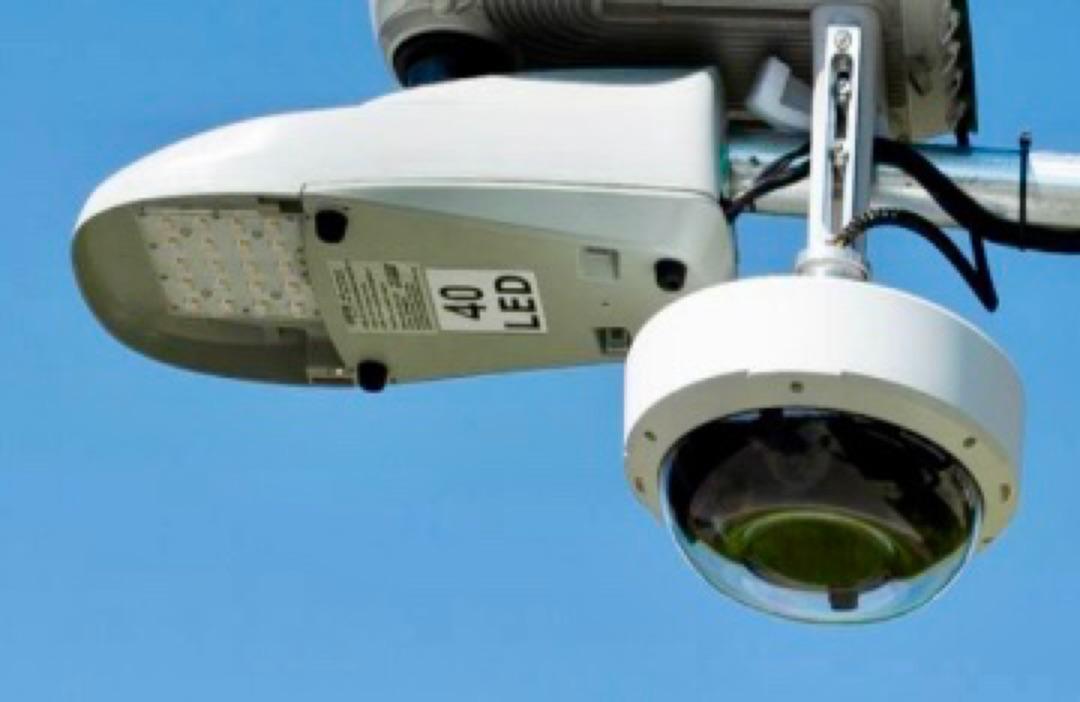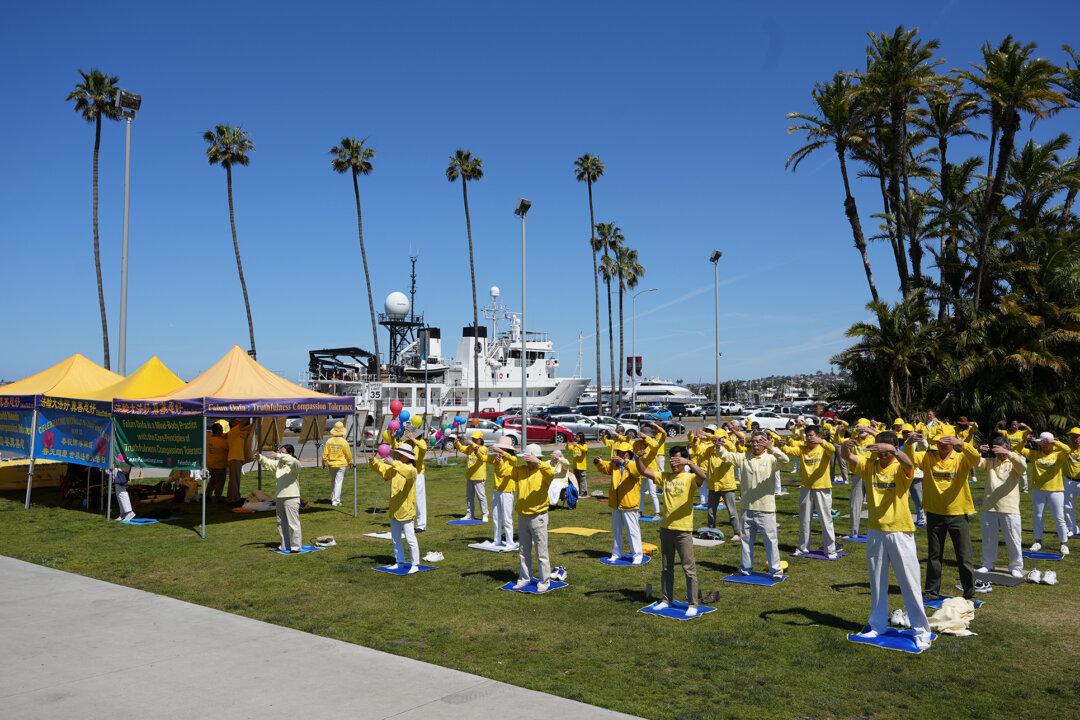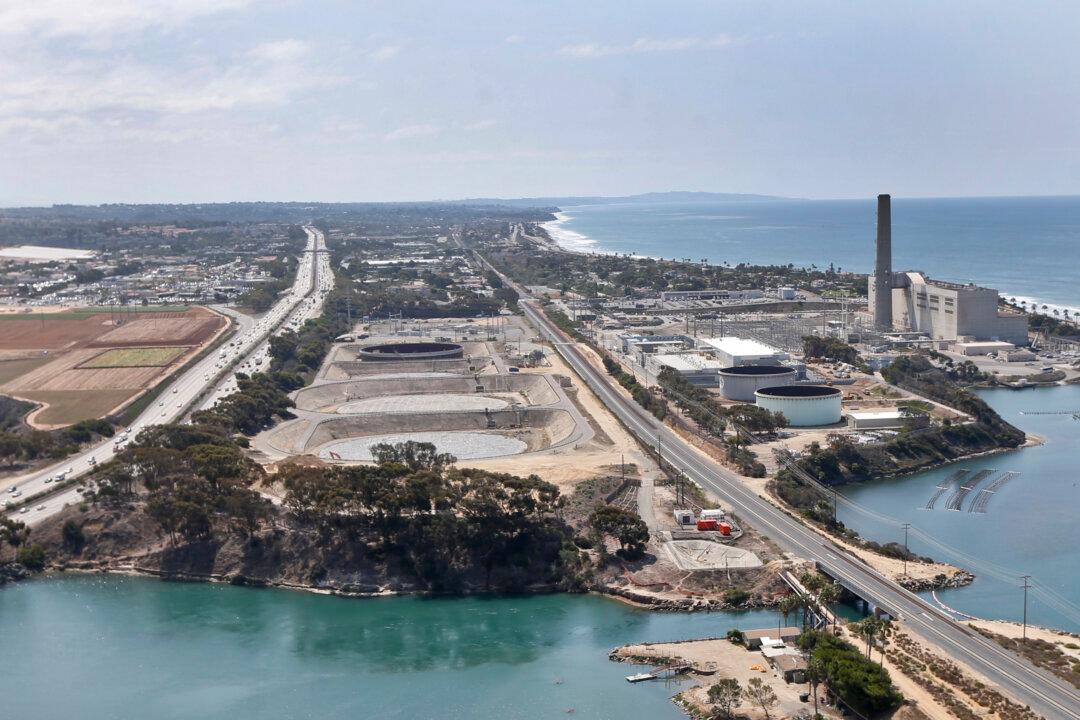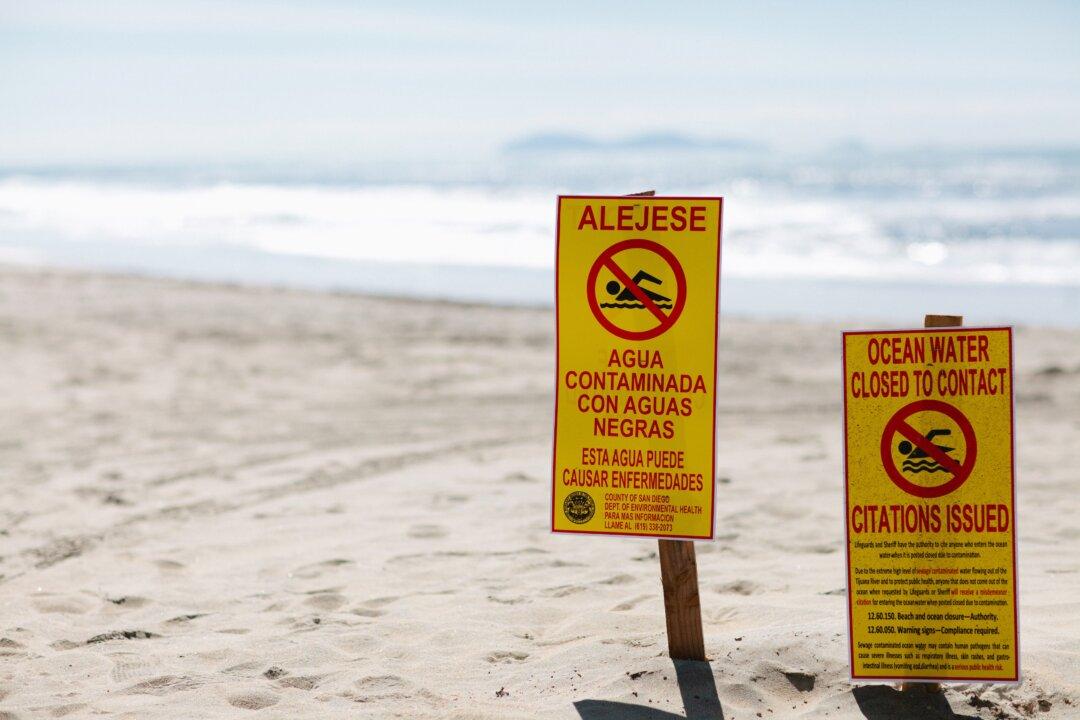The San Diego Police Department held community meetings last week regarding the use of 500 so-called “smart streetlights,” which are equipped with video cameras and license plate readers.
The city purchased smart streetlights in 2016 with a loan from San Diego Gas and Electric, San Diego Police Cpt. Jeff Jordon said at a March 6 community meeting at the Rancho Peñasquitos Public Library. Those streetlights were installed at locations throughout the city that were selected by the Environmental Resources Department.




